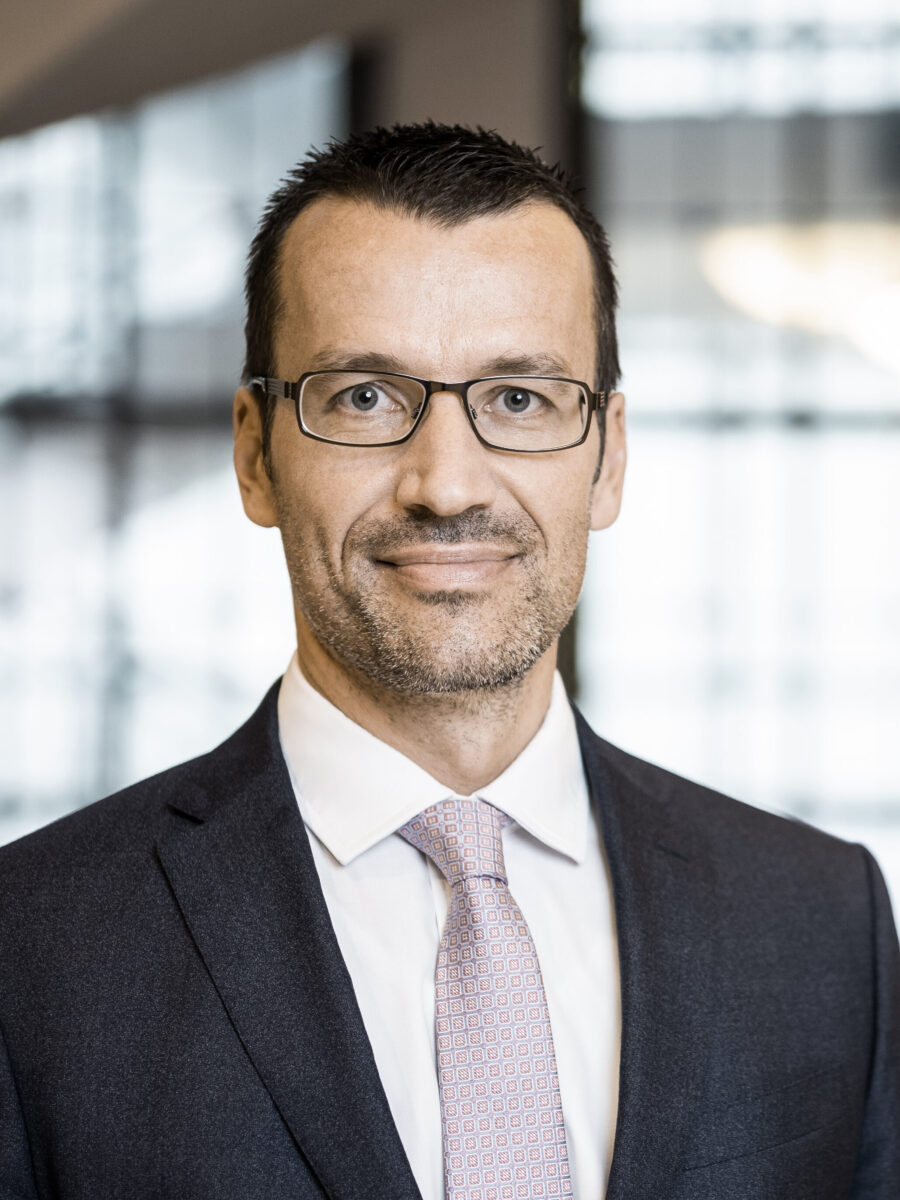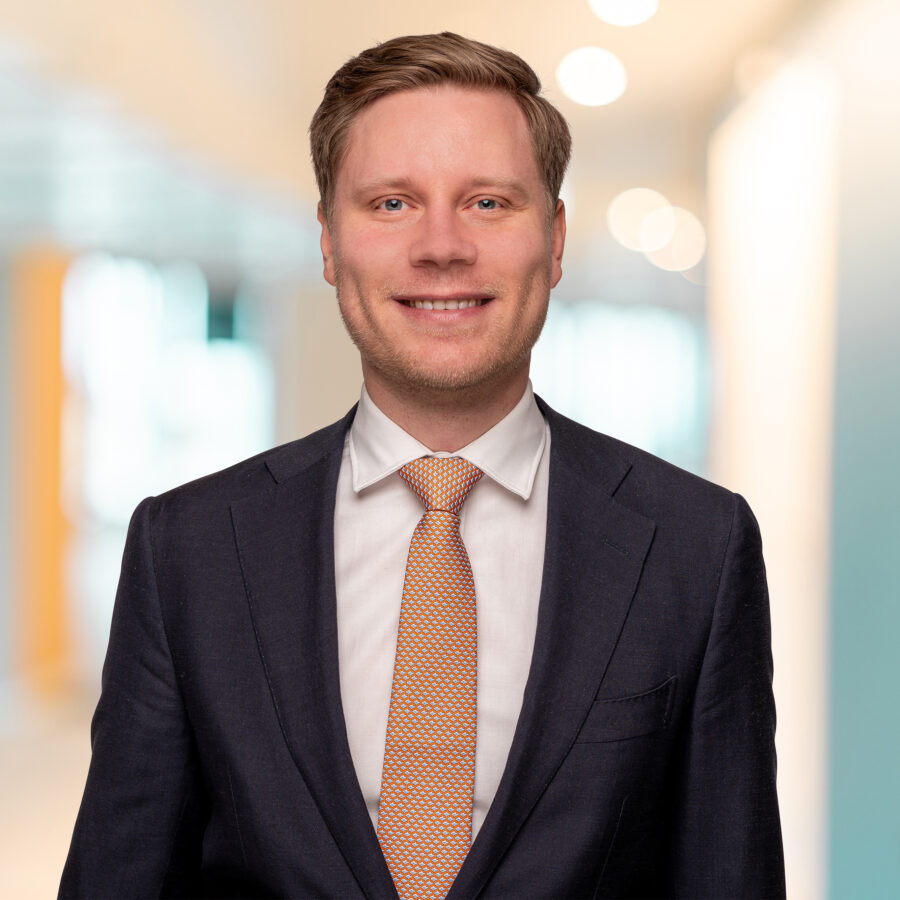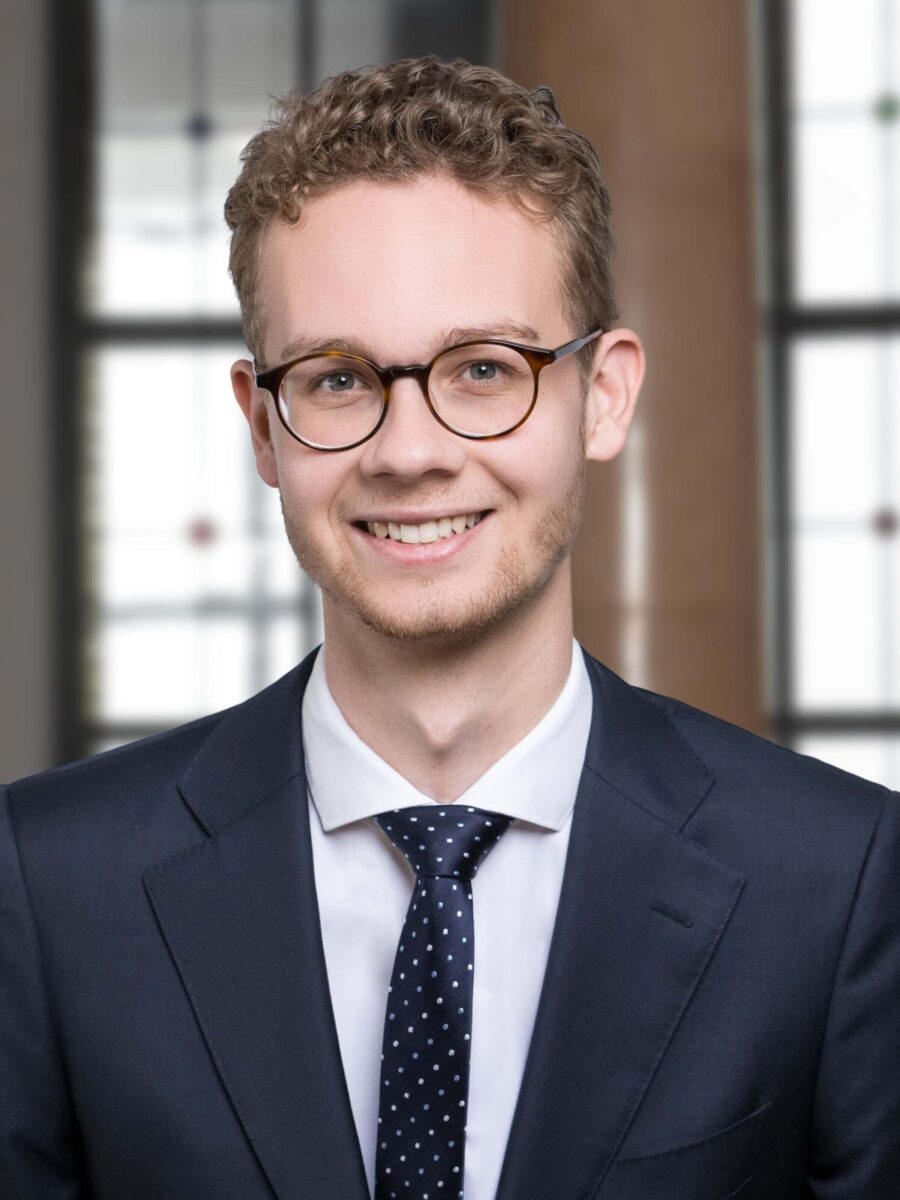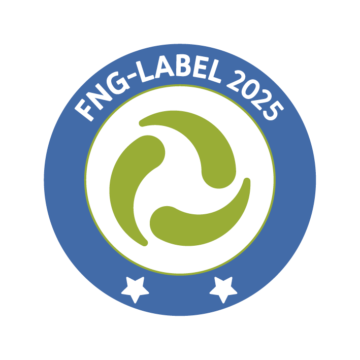Investment Strategy
The strategy is based on a disciplined bottom-up stock selection of attractive smaller companies (market capitalisation up to 5bn EUR) based in Europe, but generally operating globally. Investments are made in established niche companies that achieve sustainable and above-average growth over long periods with high profitability. The decisive criteria are end markets with structural growth, high entry barriers and excellent management teams.
- Diversified portfolio of 70-90 stocks
- Use of information inefficiencies due to low coverage
- Long-term investment horizon and low portfolio turnover
- Benchmark-agnostic selection
Learn more about our investment philosophy in equity fund management
Further details on the opportunities and risks of this fund can be found in the sales prospectus.
Indexed performance
Performance in 12-month periods
Currencies
Sectors
Countries
Asset classes
Top Holdings
Monthly market comment
Following the decline in early April, global equities recovered, driven by retail investor purchases, Trump’s pivot in tariff policy, and a reversal in fiscal policy. The Berenberg European Small Cap outperformed its benchmark. Swissquote benefited from high market volatility and strong trading volumes, which supported share price momentum in May. Exosens delivered a strong first quarter with robust organic growth in the night vision segment and a significant improvement in margins. RaySearch gained after very strong quarterly figures, while order intake more than doubled compared to the previous year. Hemnet declined despite a clear improvement in earnings, as revenue and EBITDA remained below expectations. Invisio disappointed with weak revenue and EBIT growth compared to forecasts. Ambu reported solid operating results, but weaker growth and margin pressure weighed on the share price. We added Hellenic and Innoscripta to the portfolio and completely divested Fortnox and Thule.
Portfolio Management

Peter Kraus
Peter Kraus has been Head of Small Cap Equities at Berenberg since October 2017. He began his career in 2000 as an equity analyst for a corporate finance consultancy in Munich before moving to Deka-Investment in Frankfurt in 2003. There he worked as an analyst for European Small Caps. In 2006 he joined Allianz Global Investors as Fund Manager for European Micro and Small/Mid Caps, where he contributed significantly to the success of the Small Cap team in the following years. Peter Kraus was responsible for the management of various European Small and Mid Cap funds as well as for the acquisition and management of international institutional mandates. He studied Business Administration at the University of Mannheim and is a CFA Charterholder.

Johann Abrahams
Johann Abrahams joined Berenberg as a Portfolio Manager in January 2020. Previously, he completed the Berenberg International Graduate Program with assignments in Sell-Side Equity Research, Equity sales, ECM, Syndicate, Quantitative and Discretionary Asset Management. Johann Abrahams holds a Bachelor of Science in Economics from the University of Mannheim, a Master in Finance and Economics from the London School of Economics and is a CFA Charterholder.

Fabian Weinstock
Fabian Ferdinand Weinstock has been a Portfolio Manager at Berenberg since August 2021. He started his career in the Berenberg International Graduate Program with assignments in Equity Research, Equity Sales and Asset Management and worked as an Equity Research Analyst at Berenberg Investment Bank in London for almost two years. Fabian Weinstock holds a CISI Level 3 Certificate in Securities, a Bachelor of Science in Business and Finance from the University of Münster, and a Master of Science in Investment and Finance from the University of London.

Igor Kim
Igor Kim has been a portfolio manager at Berenberg since November 2022. He started his career in 2008 as an equity analyst at Close Brothers Seydler Research AG in Frankfurt. From 2014 to 2019, he was a senior equity analyst at Oddo BHF and moved to Bankhaus Lampe in 2019. His research focus was based on Small Caps in the technology, healthcare and industrial sectors. In these areas, he was awarded the Thomson Reuters Analyst Award several times. Most recently, he worked in the DACH Mid-Caps team at Berenberg Research. Igor Kim holds a Master's degree in Economics and Finance from the University of Magdeburg and is a CFA Charterholder.
CO₂-Intensity
The fund does not actively manage its carbon footprint, however, emissions data such as CO2 intensity are relevant parameters which can be used to assess the efficient management of a company and the extent of transition risks.
ESG Score
The data provider MSCI ESG uses an ESG score of 0 to 10 to assess the management of material ESG risks of portfolio holdings compared to competitors.
ESG Controversies Screen
Investments in the fund are monitored for ESG controversies and, with the help of MSCI ESG data, flagged according their severity. Thereby, potential ESG risks of investments are identified. In the case of an orange flag (severe controversy), we enter into an active exchange with the company. In the case of a red flag (very severe controversy), the company is excluded.




